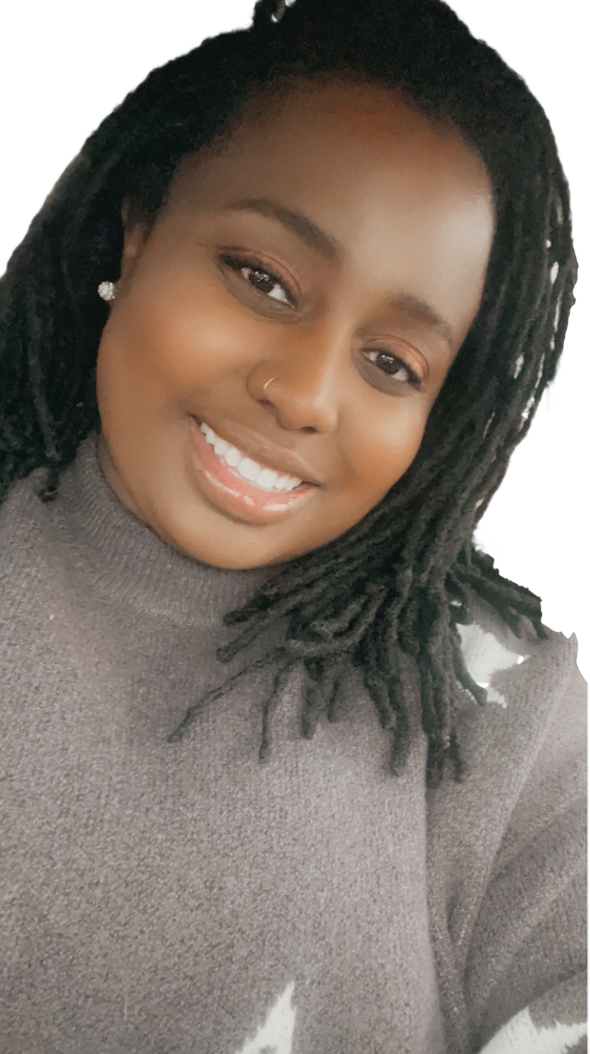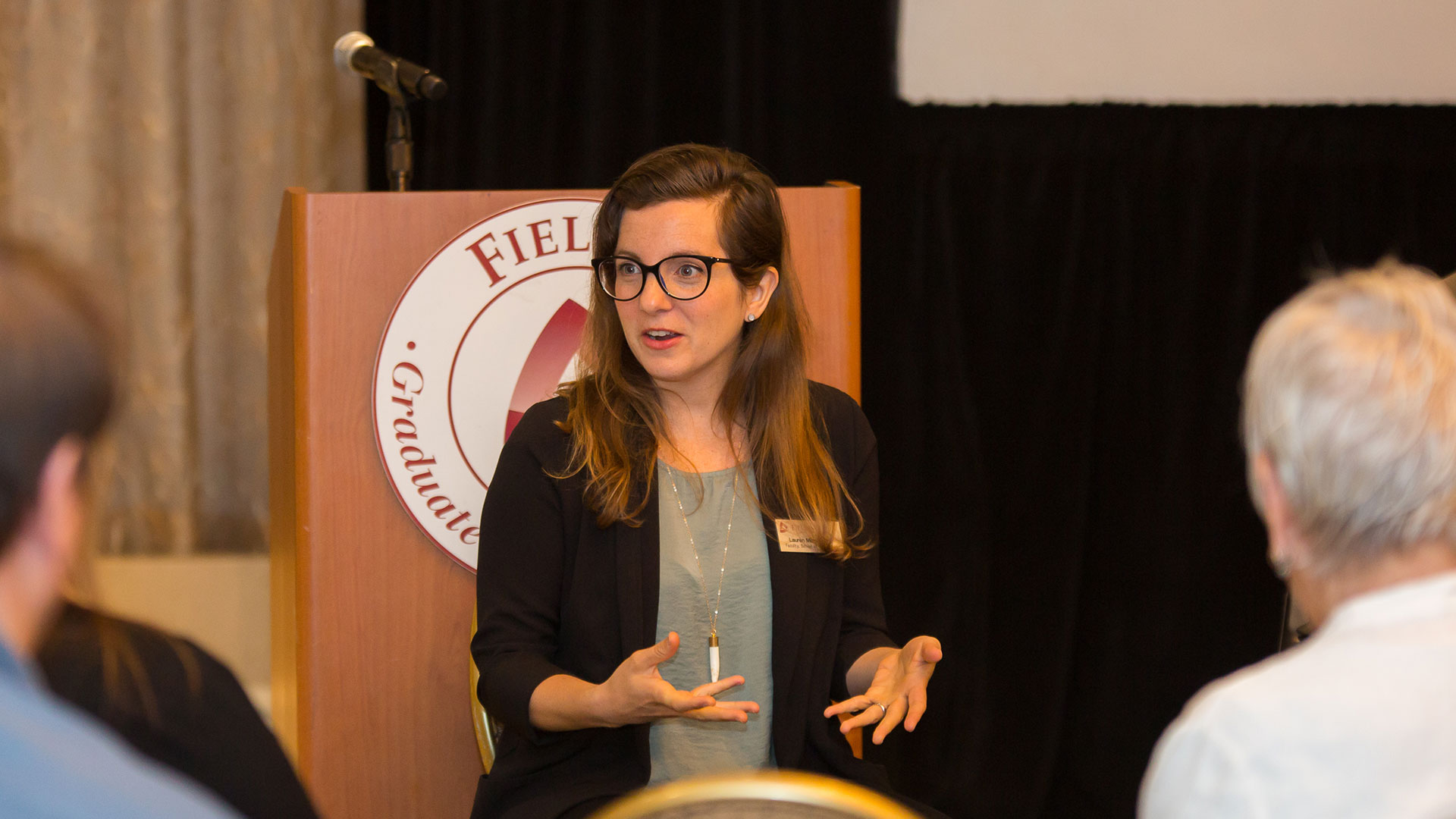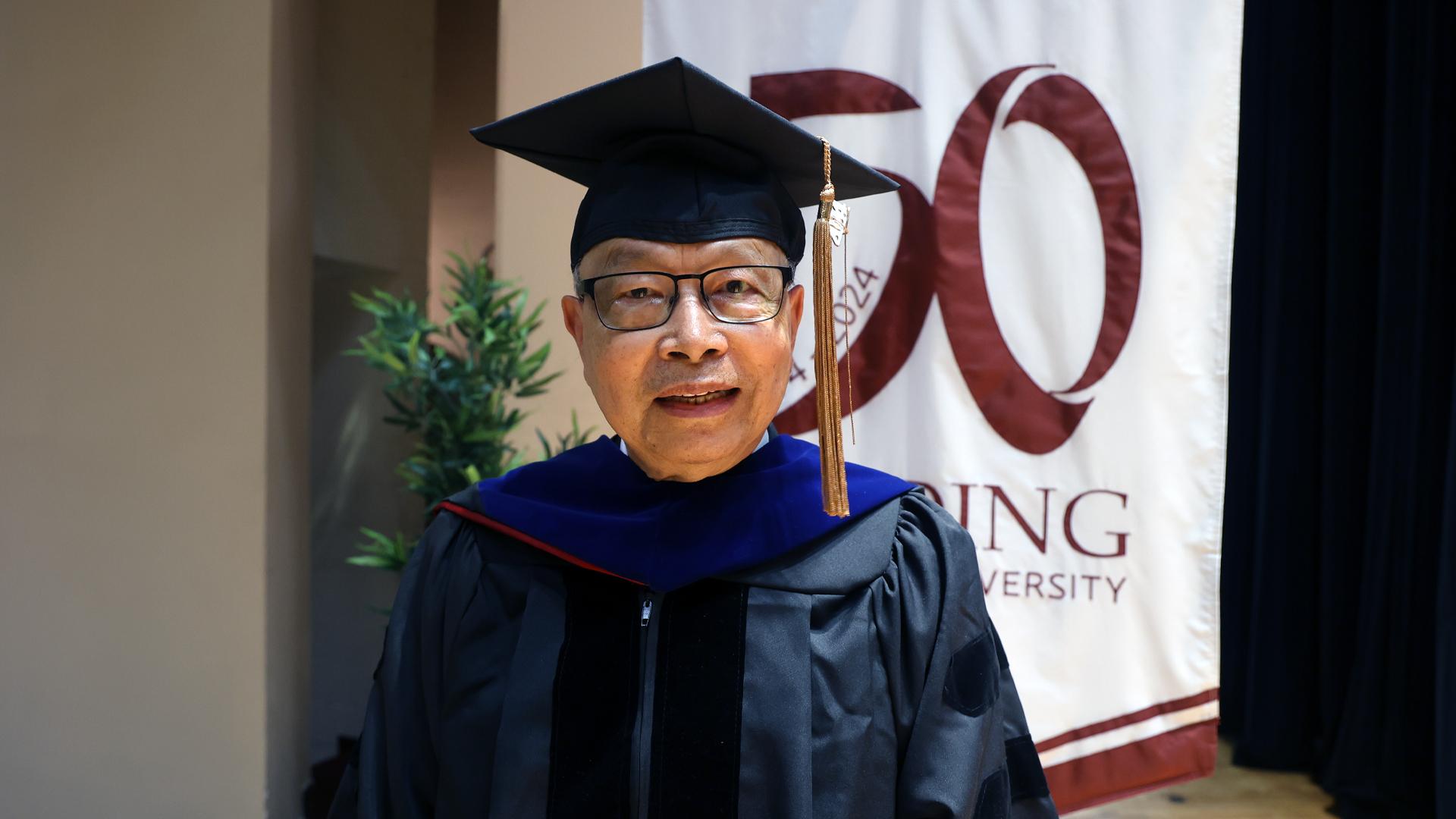by Donica Harper
Vice-President, Black Student Association
Doctoral student, School of Psychology
Black women have been fighting since the beginning of time to have their words, work, and value acknowledged. As the American Psychological Association (APA) moved into 2022, the organization published an apology acknowledging their minimization the voices of Black feminists, psychologists, and social activists who for the last 100 years to have heard and respected. (see APA Apology to People of Color for APA’s Role in Promoting, Perpetuating, and Failing to Challenge Racism, Racial Discrimination, and Human Hierarchy in the U.S.)
It’s now time that the Black voices of womxn, non-binary, men and children alike become exemplified not just in Black History Month but year-round. It is time for Black-identifying individuals to feel confident enough to B.R.A.G. about themselves. It’s time for Black People and BIPOC individuals to show up and show out and realize the power passed down to them from generation to generation.
The power to create things.
The power to change the world.
The power to defy the odds and disrupt the system.
It is Black History Month, a month that is usually just 28 days.
The shortest year, the month.
But instead, there is more to it than that. We may have to share the month with Valentine’s Day, President’s Day, and even the country-wide Internship Match Day. Regardless of these days that fall within Black History month, it does not overcast the most authentic fact of them all.
February is the most unique and significant month of the year as it is the only month that changes every four years and shifts our calendar to include another day, minute, and hour. Showing how powerful our existence has been, indicating how powerful BIPOC voices can create a shift.
BIPOC individuals are influential, and it is time to stand in solidarity and acknowledge those who came before us and the generations that will come after us. It is time to B.R.A.G.! No longer sitting in the shower or staying in the corner just out of view.
It’s time to acknowledge.
That we have been here.
We will be here.
We will continue to strive.
We will continue to be powerful, and now we B.R.A.G.
We sit in our spaces, and we sit in a constant state of Being and embracing our power.
We sit in our spaces, and we understand that there are things that no one can take away within us.
We are Remarkable through our resilience, strength, aspirations, and vulnerability.
We find the things that make us who we are.
We find the things that change our lives, create, bless, and astonish.
And then we become Accomplished – accomplished is a term that means that regardless of what has happened around us, we have left a legacy, a legacy for those who come behind us, and they understand that it is time.
It’s time to continue to build.
It’s time to continue to niche ourselves and show the world that we are here to stay.
Regardless, one month or all 365 days, BIPOC individuals and their contributions to society are here to stay.
We are as powerful as we were in the beginning, and as long as we stand in solidarity, we will continue to be as powerful as we’ve always been.
Our power is our Gifts.
As coined by Menakem (2017) in My Grandmother’s Hands, our racialized bodies understand our transgenerational traumas while also shining a light on our transgenerational blessings or gifts.
There are spaces in places that we have been that other people can’t even imagine, and yet we continue to persevere and be resilient.
So, we will B.R.A.G. (Being Remarkable, Accomplished, and Gifted) about ourselves and embrace the different journeys and destinies that lie along each of our paths.
To my non-BIPOC community members, we charge you with standing in solidarity with us and embracing that even though you did not directly impact our history, it is still your job to help clean it up. Recently someone on social media shared this analogy: Even though I didn’t make it snow, it is my job to help shovel it, so people don’t have to wade through my driveway. We charge you with lifting up the BIPOC voices around you. Utilize your privilege to lift up the voices of your BIPOC counterparts. Frequent small BIPOC businesses. Funnel your funds into underrepresented communities. We can do this without you but would prefer to do it with you. To start this journey, we invite you to read the Association of Black Psychologists (ABPsi) reply to the APA apology (see here for ABPsi response).
About the Author

Donica Harper, MA, LCPC(MD)
Donica Harper is a first-generation Bajan- American third-year doctoral student at Fielding Graduate University. She graduated from the Winston-Salem State University with a dual bachelor’s degree in Biology and Psychology in 2013. She obtained her M.A. in Military Psychology from Adler University and her Certificate of Professional Counseling Studies from the University of Baltimore.
Since her time at Fielding, Donica has been expanding and honing in on her clinical, professional, and research niches. Her clinical niches are interpersonal trauma in children/teenagers, couples, the LGBTQ+ community, and military/first responders. She is also passionate about racial and sexual identity disparities and intersectional concerns in clinical practice, academia, and research. Donica’s future career goals are to become a licensed psychologist running her own group practice, author several workbooks, and texts on her niches, and become a graduate professor at a local HBCU.
Donica is the Vice-President of the Black Student Association, Division 32 Student Ambassador for Fielding, and the Student Delegate for the Retention, Recruitment, and Diversity Committee for Student Governance. She is also a member of the Association for Black Psychologists and the American Psychological Association.
References:
Harper, D. & Page, K.V. (2022, January). Owning BIPOC Excellence: The B.R.A.G. Method. Symposium Presented Virtually at 2022 National Multicultural Conference and Symposium
Menakem, R. (2017). My grandmother’s hands: Racialized trauma and the pathway to mending our hearts and bodies. Central Recovery Press.
Join Over 7,500 Fielding Alumni Located Around The World!
Change the world. Start with yours.™






Get Social